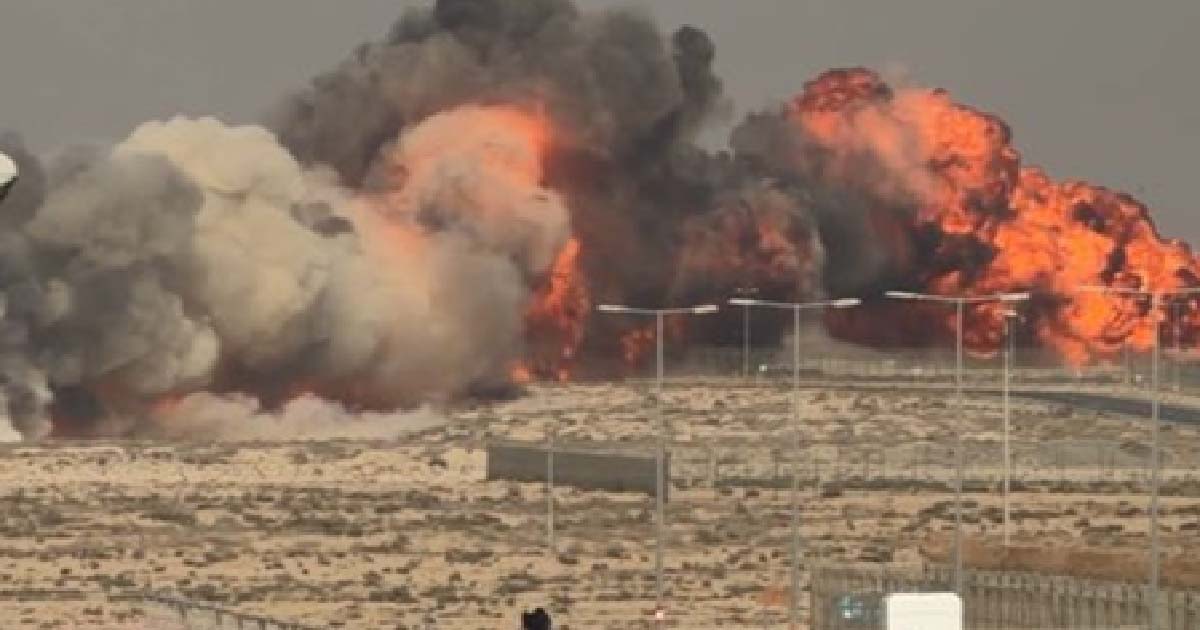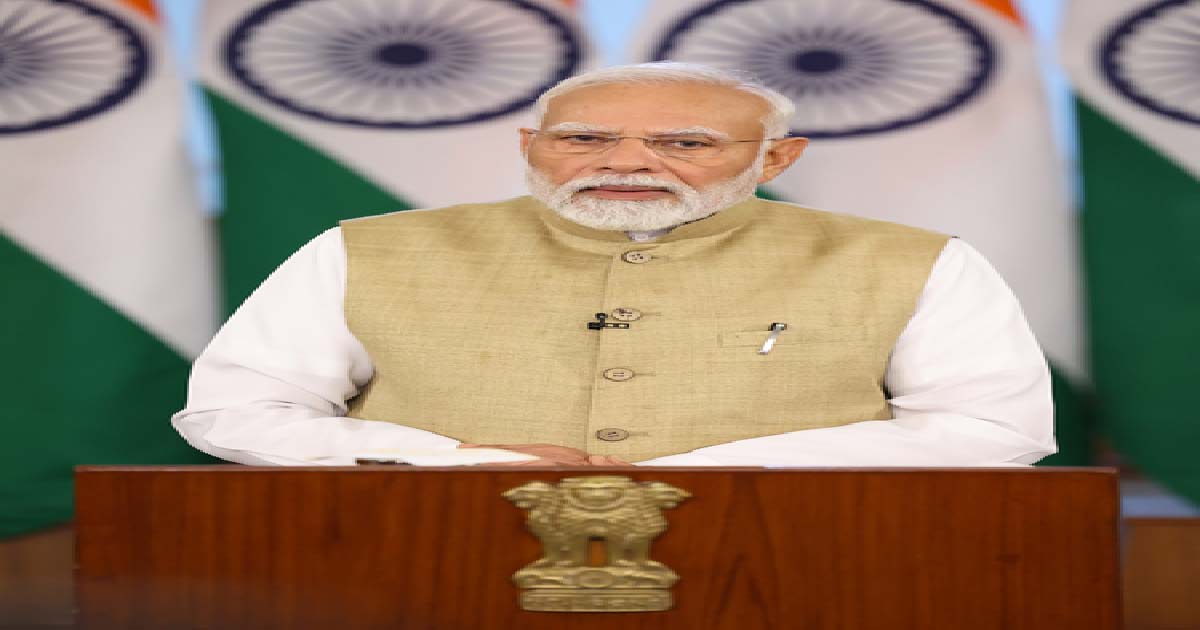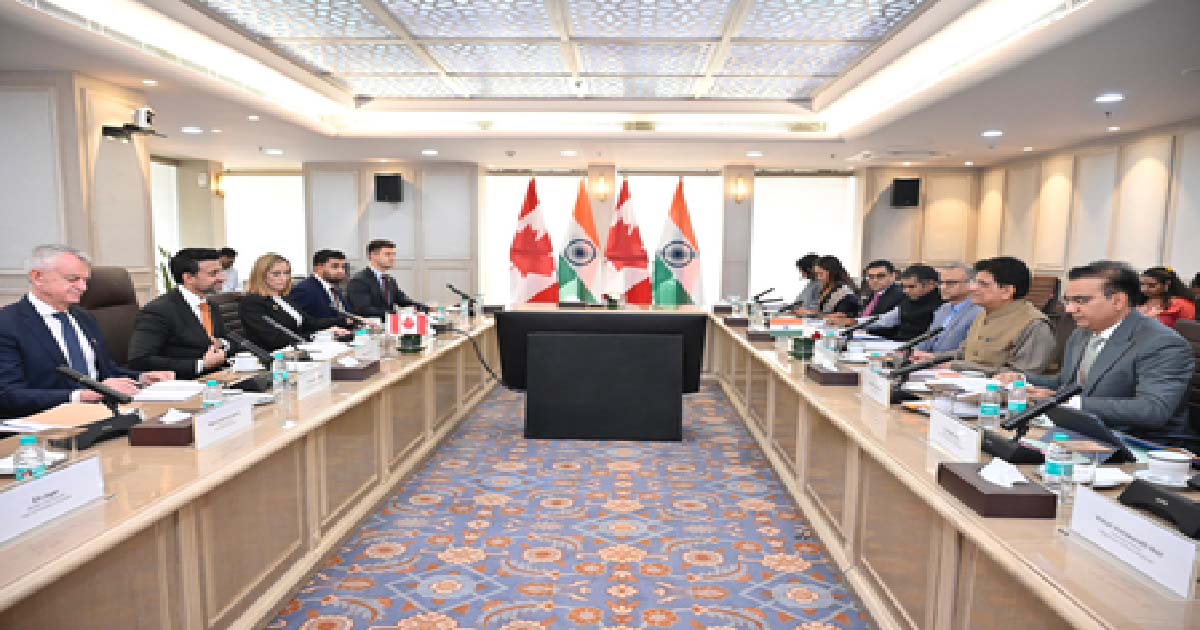International News
In US crackdown on 26/11 terrorism, Rana awaits extradition ruling, 4 on wanted list
As 13th anniversary of the 26/11 Mumbai terrorist attack rolls around, Tahawwur Hussain Rana, a Pakistani Canadian, is in detention awaiting a ruling on extradition to India, and four others, who have been charged in a US court, are on a wanted list of the US government in its attempts to crackdown on the alleged collaborators.
Prisoner Number 22829-424 Rana is being held at the Los Angeles Metropolitan Detention Centre, a check on the Bureau of Prisons database on Wednesday showed.
Rana’s childhood friend, Pakistani American Daood Sayed Gilani who goes by the Western-sounding name David Coleman Headley, is serving a 35-year sentence after a federal judge convicted him on charges of helping carry out the Mumbai attacks.
He turned approver to avoid getting the maximum sentence of life in prison and testified against Rana.
He was also declared an approver in India and a Mumbai sessions court pardoned him in 2015 and accepted him as a prosecution witness.
With the alleged help of Rana, he got a business visa for India and conducted surveillance for the terror attacks that killed more than 170 people, including six Americans.
Sajid Mir of the Lashkar-e-Tayyiba (LeT), who was charged in a federal court in Chicago in connection with the 2008 attack, is a fugitive on the FBI’s Most Wanted Terrorist list with a $5 million bounty on his head.
The State Department’s Rewards for Justice (RfJ) counter-terrorism programme that offers a bounty for information leading to his capture says that he “served as a ‘handler’ for David Headley and others who were directed to carry out actions relating to planning, preparing for, and carrying out terrorist attacks on behalf of LeT.”
Along with him, three others who were also charged in the case, are on the RfJ list.
They are Major Iqbal, who allegedly funded and planned the 26/11 attack; Abu Qahafa the alleged trainer of the attackers, and Mazhar Iqbal alias Abu al-Qama, who is a commander of the LeT, according to the RfJ.
The four are residents of Pakistan, it said.
Rana was acquitted in a federal trial in Chicago on a charge of providing material support for the 26/11 attack, but convicted of helping the LeT and participating in a terrorist plot against a Danish newspaper and sentenced in 2013 to 14 years in prison.
He was temporarily released on compassionate grounds because of the Covid-19 pandemic, but was arrested immediately on a federal court warrant in June last year in connection with the extradition request from India and is still in custody.
Federal Magistrate Judge Jacqueline Chooljian in Los Angeles ordered the government and the defence to file documents supporting their respective pleas before July 15.
In their filing, Rana’s lawyers maintained that Headley’s testimony against him implicating him in the Mumbai attack was not reliable because he was an approver and that since he has been acquitted on the charges relating to 26/11 by the Chicago court he could not be extradited to face similar charges under their interpretation of the extradition treaty.
The government said in its filing that Rana and his partner in the immigration and travel business filed fake documents for an Indian visa making Gilani “regional manager supervising and consulting our operation in the Asian region” to enable him to operate in India.
Gilani used that cover to gather intelligence for the LeT to carry out the attacks in Mumbai.
Gilani kept Rana aware of his activities and he “became aware of how the terrorists were going to attack targets in Mumbai, that people would likely die” but did not distance himself from the conspirators, the government said.
As the case now stands, the last filing was by the government lawyers was on July 21 making technical arguments about a point made in the defence document that it said was “beyond the scope” laid down by the court.
The Covid-19 pandemic has hampered the progress of the extradition case by limiting direct hearings.
According to court documents from the government, Rana and Gilani shared quarters at the Cadet College Hasan Abdal “and remained friends throughout their lives”.
Rana became a Pakistani Army doctor reaching the rank of captain, but immigrated to Canada. After becoming a Canadian citizen, he moved to Chicago and ran a travel and immigration business.
When Gilani was arrested on drug trafficking charges, Rana put up his house as surety for Gilani’s bail.
Gilani was attacked in a Chicago area federal prison in 2018 and had to be hospitalised, according to media reports.
International News
Tejas crashes at Dubai Air Show: IAF regrets ‘loss of life’

New Delhi, Nov 21: In a tragic incident, an Indian Air Force Tejas fighter jet crashed during a demonstration at the Dubai Air Show on Friday, and the pilot lost his life.
Taking it to X, IAF said, “An IAF Tejas aircraft met with an accident during an aerial display at Dubai Air Show, today. The pilot sustained fatal injuries in the accident. IAF deeply regrets the loss of life and stands firmly with the bereaved family in this time of grief.”
It further added that, “A court of inquiry is being constituted to ascertain the cause of the accident.”
The crash occurred during the biennial Dubai Air Show, one of the world’s largest aviation exhibitions. The event has seen major announcements this week.
Notably, this is the second crash involving a Tejas aircraft, the first one being in 2024 near Jaisalmer.
In March 2024, a Tejas fighter went down in Rajasthan’s Jaisalmer, the first such accident in the aircraft’s 23-year history since its maiden test flight in 2001. The pilot ejected safely in that case.
LCA Tejas is a 4.5-generation, all-weather and multi-role fighter aircraft. The aircraft is designed to be a multi-role aircraft capable of taking up offensive air support, close combat and ground attack roles at ease.
It is also designed to undertake ground maritime operations.
At the Dubai Air Show, India and Germany, on November 19, revived high-technology defence collaboration after nearly three decades, with Hindustan Aeronautics Limited (HAL) signing a landmark contract with German state-backed sensor major HENSOLDT.
The pact, finalised on Day 3 of the event, focuses on the joint development of a cutting-edge LiDAR-based Obstacle Avoidance System (OAS) for Indian military helicopters. This breakthrough has already generated significant buzz across global aerospace circles.
The deal for this LiDAR-based Obstacle Avoidance System (OAS), signed by Indian DPSU Hindustan Aeronautics Limited (HAL) and German government-backed HENSOLDT, marks a significant return to high-technology cooperation after earlier partnerships in aerospace and maritime programmes.
International News
‘My thoughts with those who lost loved ones’: PM Modi on Saudi bus accident

New Delhi, Nov 17: Prime Minister Narendra Modi on Monday expressed deep sadness over the loss of lives in the Saudi Arabia bus accident involving several Indian Umrah pilgrims and prayed for the swift recovery of the injured.
A passenger bus carrying several Indian Umrah pilgrims collided with a diesel tanker early Monday morning near Medina, the Indian mission in Jeddah confirmed.
In a post on X, PM Modi said, “Deeply saddened by the accident in Medinah involving Indian nationals. My thoughts are with the families who have lost their loved ones. I pray for the swift recovery of all those injured.”
“Our Embassy in Riyadh and Consulate in Jeddah are providing all possible assistance. Our officials are also in close contact with Saudi Arabian authorities,” he added.
In the wake of the accident, the Consulate General of India in Jeddah has set up a 24/7 control room and released helpline numbers for those seeking assistance.
Preliminary unconfirmed media reports indicate that most of the pilgrims are from Hyderabad. Given the intensity of the explosion caused by the collision, casualties are feared.
According to unconfirmed media reports, the bus was travelling from Mecca to Medina, with pilgrims heading to the holy city after completing their rituals in Mecca. All passengers were reportedly asleep when the crash occurred.
Rescue operations are underway, and local residents have rushed to the scene to assist those severely injured. The exact number of casualties has not yet been officially confirmed.
Further updates are awaited.
Telangana Chief Minister A. Revanth Reddy also condoled the loss of lives in the horrific accident involving a bus carrying Indian pilgrims in Saudi Arabia.
The state government has also set up a control room in Hyderabad to provide information and assistance to the families of the accident victims.
Business
India, Canada discuss ways to boost bilateral trade, promote investments

New Delhi, Nov 13: Commerce and Industry Minister Piyush Goyal and Maninder Sidhu, Canada’s Minister of International Trade, discussed ways to further boost bilateral trade and promote investments, it was announced on Thursday.
Sidhu is in India to find opportunities to advance trade and investment linkages between the two nations.
“It was a pleasure to co-chair the 7th India-Canada Ministerial Dialogue on Trade and Investment as part of the New Roadmap 2025 along with @MSidhuLiberal, Canada’s Minister of International Trade,” Goyal posted on the X social media platform.
The minister further stated that they discussed “avenues to strengthen bilateral trade, promote investments and deepen cooperation between our countries”.
During his India visit, Sidhu is set to promote Canada’s commitment to supporting and growing the well-established commercial ties shared by Canada and India, including artificial intelligence, clean technology and digital industries, and explore new opportunities for partnerships that benefit workers and businesses in both countries.
“This visit to India will reinforce Canada’s commitment to diversifying our trade relationships and attracting new investment,” an official statement quoting Sidhu said. “As one of the fastest-growing major economies, India offers significant opportunities for Canadian businesses and workers. Our commercial ties continue to expand — bilateral trade surpassed $30 billion in 2024 — and there is even greater potential ahead,” the statement added.
India is a key partner as Canada strengthens its economic links in the Indo-Pacific region under a comprehensive strategy for the region. In 2024, India was Canada’s seventh-largest goods and services trading partner, with two-way trade valued at $30.9 billion.
Meanwhile, External Affairs Minister (EAM) S. Jaishankar and his Canadian counterpart, Anita Anand, held discussions on strengthening cooperation across key sectors, including trade, energy and security. Both leaders met on the sidelines of the G7 Foreign Ministers’ Meeting in Niagara.
EAM Jaishankar also praised the progress made under the New Roadmap 2025, aimed at enhancing bilateral ties between India and Canada and expressed hope for rebuilding a stronger partnership.
-

 Crime3 years ago
Crime3 years agoClass 10 student jumps to death in Jaipur
-

 Maharashtra1 year ago
Maharashtra1 year agoMumbai Local Train Update: Central Railway’s New Timetable Comes Into Effect; Check Full List Of Revised Timings & Stations
-

 Maharashtra1 year ago
Maharashtra1 year agoMumbai To Go Toll-Free Tonight! Maharashtra Govt Announces Complete Toll Waiver For Light Motor Vehicles At All 5 Entry Points Of City
-

 Maharashtra1 year ago
Maharashtra1 year agoFalse photo of Imtiaz Jaleel’s rally, exposing the fooling conspiracy
-

 National News1 year ago
National News1 year agoMinistry of Railways rolls out Special Drive 4.0 with focus on digitisation, cleanliness, inclusiveness and grievance redressal
-

 Maharashtra1 year ago
Maharashtra1 year agoMaharashtra Elections 2024: Mumbai Metro & BEST Services Extended Till Midnight On Voting Day
-

 National News1 year ago
National News1 year agoJ&K: 4 Jawans Killed, 28 Injured After Bus Carrying BSF Personnel For Poll Duty Falls Into Gorge In Budgam; Terrifying Visuals Surface
-

 Crime1 year ago
Crime1 year agoBaba Siddique Murder: Mumbai Police Unable To Get Lawrence Bishnoi Custody Due To Home Ministry Order, Says Report












